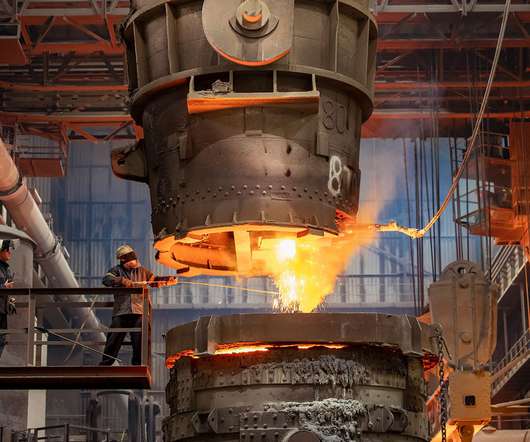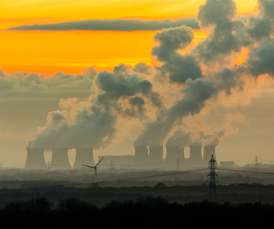Electrification gets down to the wire
GreenBiz
APRIL 20, 2021
The push to quickly transition carbon-intensive activities away from fossil fuels while meeting the world’s growing energy needs has put electricity producers and consumers squarely in the forefront of the emerging clean economy. Manufacturing is going electric, too, as companies ratchet up their net-zero-carbon goals. Joel Makower.
















Let's personalize your content